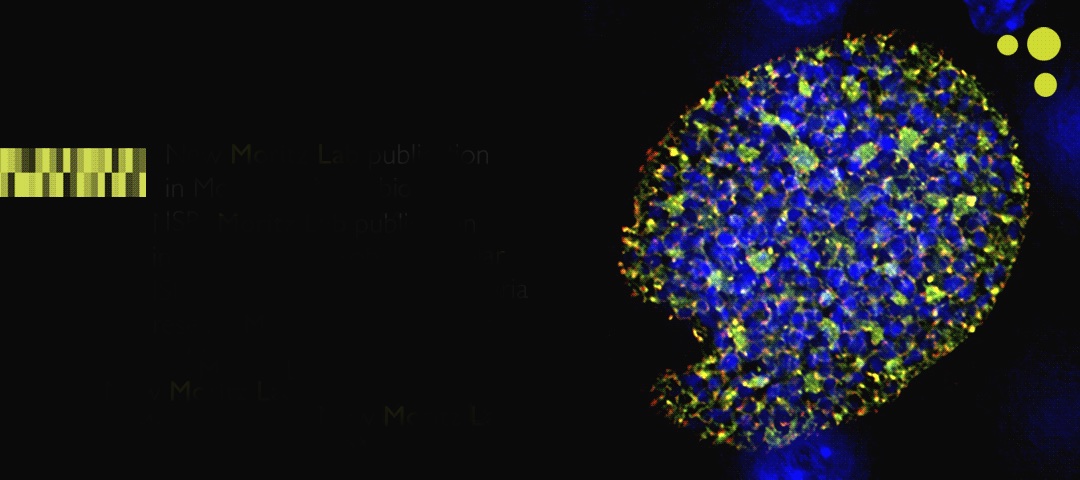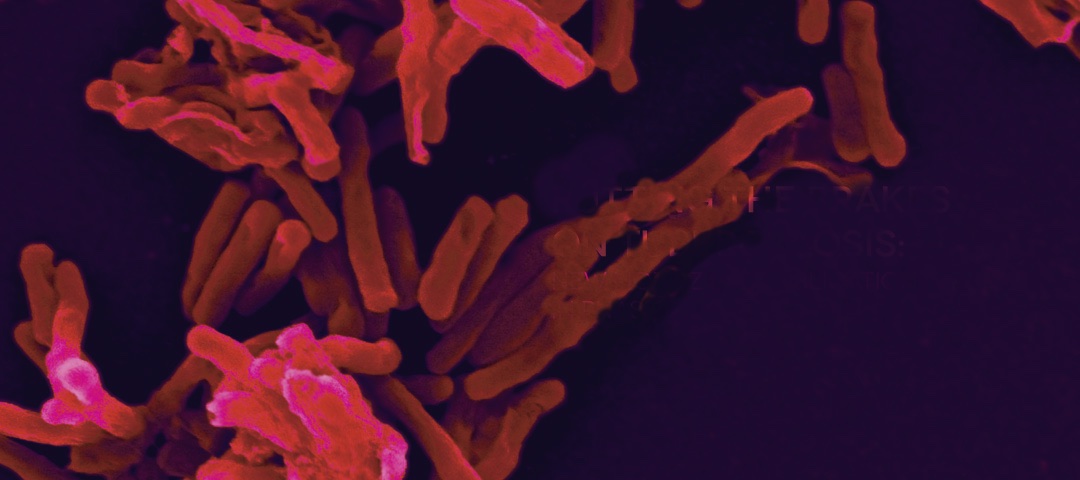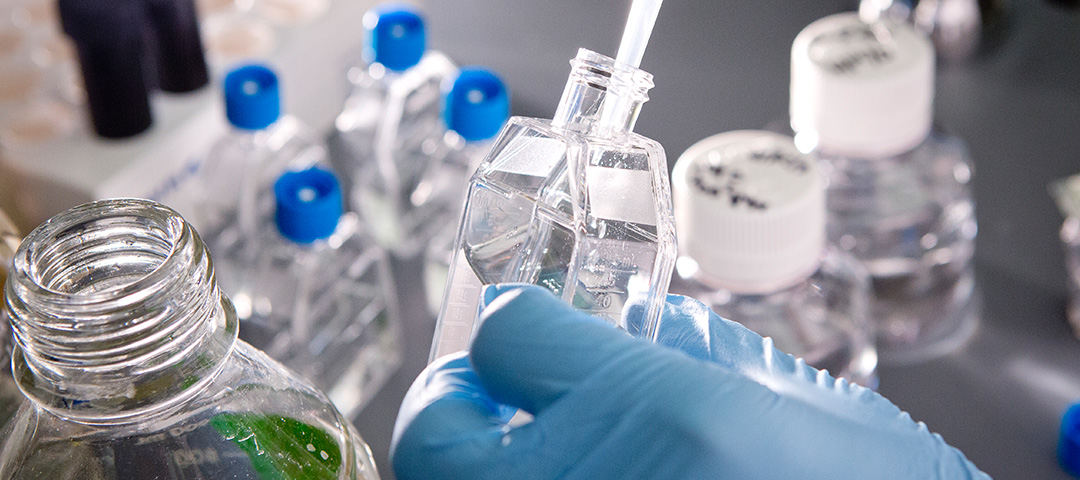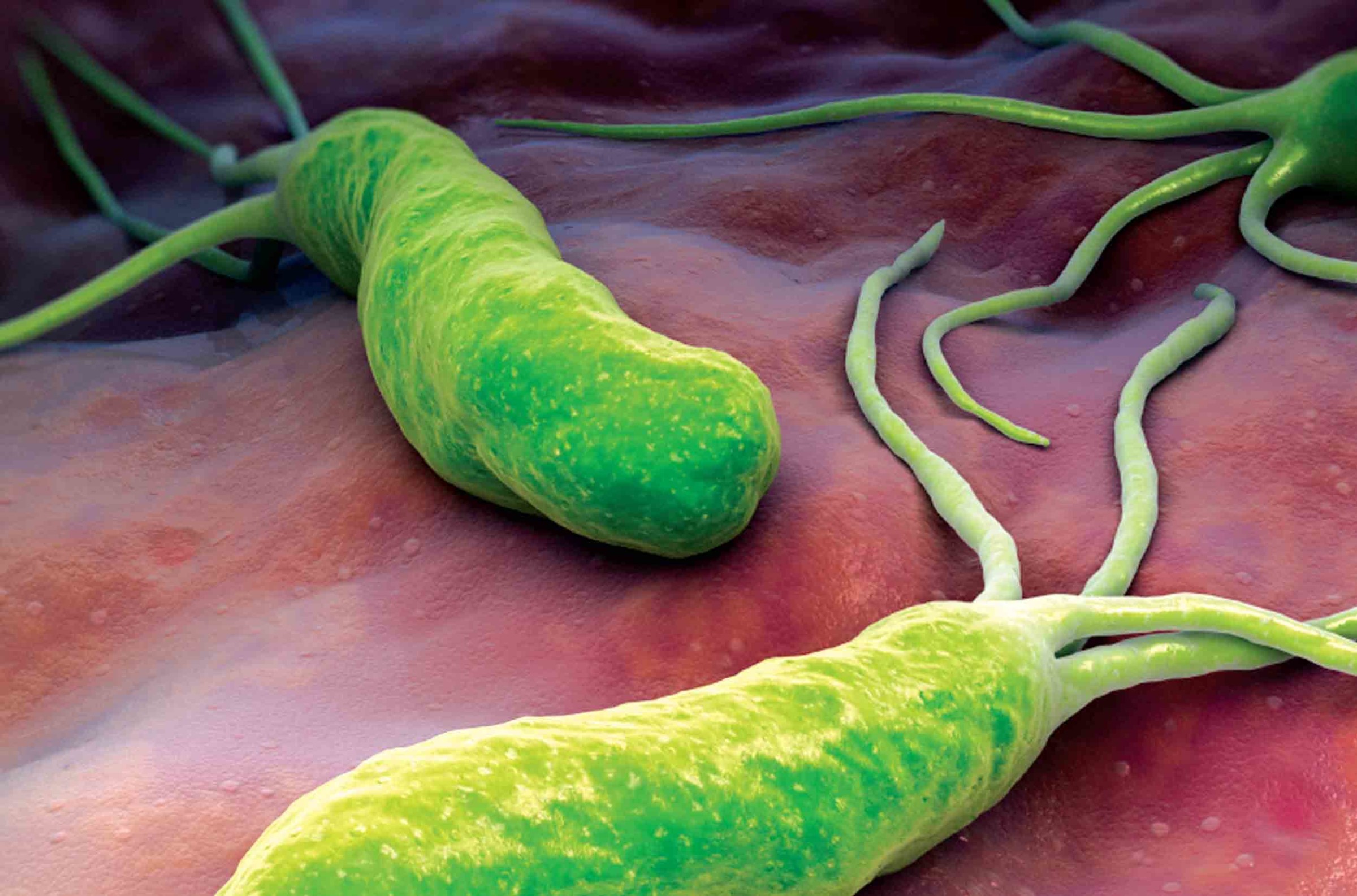
The Bug Stops Here: Arresting Malaria Parasites in the Liver Gives Immunity
ISB researchers collaborated with Seattle BioMed researchers to identify molecular building blocks required by malaria parasites to build cell membranes. Deleting key genes necessary for building cell membranes created a parasite that does not make the host sick and can’t be passed on through the blood. Treating mice with modified parasites gave them complete immunity against malaria. By Dr. Kristian Swearingen In a study published online in the journal Molecular…

New Protein Modification Critical to Growth of Tuberculosis Pathogen Found
Institute for Systems Biology and Seattle BioMed researchers collaborated and discovered a new protein post-translational modification in the human pathogen Mycobacterium tuberculosis. Post-translational modifications are essential mechanisms used by cells to diversify protein functions and ISB scientists identified the rare phosphorylated tyrosine post translational modification on Mycobacterium tuberculosis proteins using mass spectrometry. Inhibiting phosphotyrosine modified amino acids in Mycobacterium tuberculosis severely limits the growth of this widespread deadly pathogen. By…

A New Approach to Identifying How the Deadly Dengue Virus Multiplies
3 Bullets Dengue virus is the most prevalent mosquito-borne virus worldwide, infecting an estimated 400 million people per year and causing about 25,000 deaths. It’s necessary to understand the molecular mechanisms of dengue replication in order to develop an effective treatment. Researchers at ISB and Seattle BioMed developed a novel approach for identifying host proteins that associate with dengue replication machinery. By Thurston Herricks Dengue virus (DENV) infects approximately 400…

Ötzi the Iceman: Helicobacter pylori Pathogen Found in Stomach Contents
Institute for Systems Biology collaborates with researchers worldwide to study pathogens in the stomach content and microbiome of the 5300 year old European Copper Age glacier mummy “Ötzi” and discovers a Helicobacter pylori pathogen genome. Ötzi harbored a nearly pure Asian-origin bacterial population of H. pylori providing key information as to population migration into Europe over the last few thousand years. Supported by proteome information gathered at ISB, the Iceman’s…

Scratching the Surface of the Malaria Parasite
Surface coat proteins on Plasmodium, the parasite that causes malaria, provide new targets for a malaria vaccine. 3 Bullets: ISB scientists collaborate with scientists from Center for Infectious Disease Research and Johns Hopkins University to identify new proteins on the surface of the malaria parasite Plasmodium. The research aims to provide new targets for a malaria vaccine. It is discovered that some Plasmodium surface proteins have sugar attachments that can…



